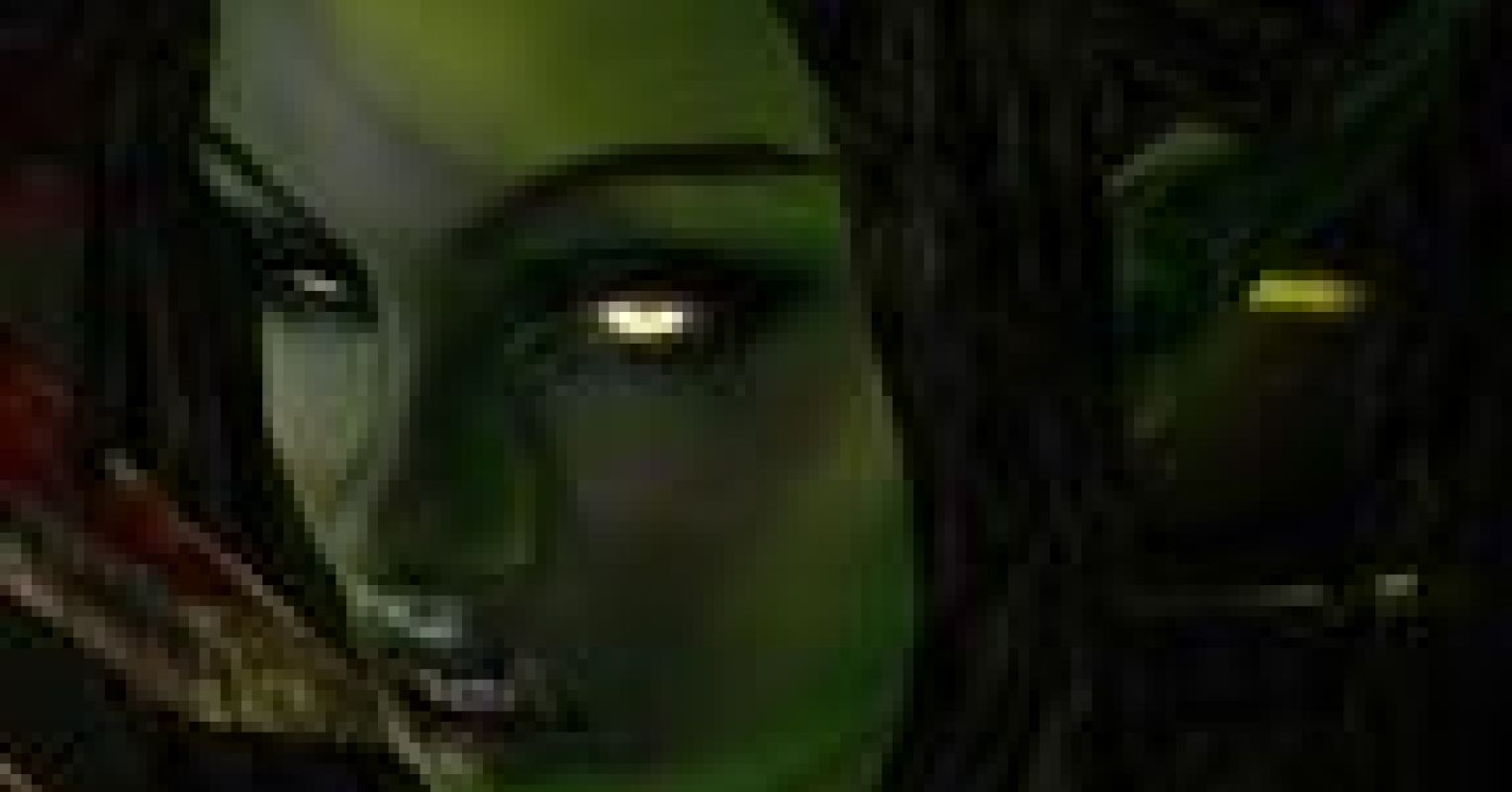I agree that they’re a racist allegory. I cannot understand the minds of people who claim otherwise. The people in group #2 that I mentioned. They believe that HPL’s fish story cannot have racist themes because the fish people are fictional. When challenged, they’ll point to sources that confirm their confirmation bias. “See? This Israeli critic says that Innsmouth isn’t racist!”
The short story “The Doom that Came to Innsmouth” is emblematic of this kind of thinking. It has the same racist themes as TSoI except updated for the post-Civil Rights era. It’s even more disgusting than its inspiration, because at least in TSoI the story was told by unreliable narrators and you can contrive a non-racist interpretation of the events, but TDtCtI has no such ambiguity and the author seems painfully lacking in self-awareness.
But I don’t agree (aesthetically speaking) with going in the other direction and writing the fishies as a persecuted minority like “The Litany of Earth” does. Even a charitable analysis of the original Innsmouth story can’t whitewash (pun not intended) that the fish people acted like colonizers and are in telepathic thrall to an alien squid dragon thing that is known for driving humans who overhear its thoughts insane.
I think it would be perfectly acceptable to write a story in which the Deep Ones have a complex, albeit extremely alien, culture. Its fine that they are malevolent in their outlook towards humans, or at least look at us as somewhat of a "sub-Deep One-race." In fact you could definitely PLAY WITH THAT, drawing an analogy between them and historical colonizers and racists IRL (it need not be explicit either). You could then approach the hybrids as a group which suffers bias from both sides (and again there could be interesting parallels here with real history). Now, what the hybrids attitudes towards humans is, etc. could go a few ways, but I would expect there are redeeming features and potentially sympathetic characters there.
Well, I have not read that LR, but I HAVE read (in case my handle leaves much doubt) everything ever written by HPL which is still extant, including the published letters and other material, as well as everything written by the people whom he corresponded with (again subject to it having been in print any time since the mid 20th Century at least). That would include REH, Clark Ashton Smith, etc. I've read, I believe, the vast majority of what HPL ghost wrote, though it is actually hard to know the full scope of that for sure.
I have not read McNaughton nor Emrys AFAIK, though I have read quite a few modern Cthulhu story type collections, so its possible I just don't remember them.
I agree with Greyirish that these stories fail to actually explore the alien natures of the mermen, instead using them purely as either racist allegories or anti-racist allegories. I prefer horror stories over dark fantasy, and I prefer horror that doesn’t rely on racism. So far the only Innsmouth fanfic (because they’re all ultimately fanfics, even if you can legally sell them) that I enjoyed was the adventure game Call of the Sea, as it didn’t rely on racism and didn’t depict the fishies as a persecuted minority either.
I suppose my tastes are idiosyncratic, but my taste is my taste.
I am really not saying that you cannot have a Deep One or Hybrid in a game without confronting everything racist that might be taken for. I would just say that you would want to signal that such tropes are not to be relied upon as the basis of all the facts in play. I'm no genius on what everyone out there is going to find acceptable. I just think when you decide to use HPL-based material at all, you have to reckon with the fact that he was an amazingly, appallingly racist person, and it taints all his work. Honestly, one option would be to simply not bring Mythos material into it at all. HPL doesn't have a lock on Cosmic Horror.





